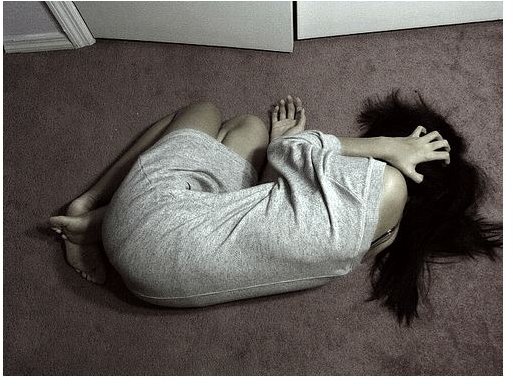Help for Extreme Agoraphobia - Essential Information on How to Get Help for Extreme Agoraphobia
What is Agoraphobia?
The term agoraphobia refers to an extreme fear of public spaces. The actual word is Greek in origin and roughly translates to “fear” of the “marketplace”. Agoraphobics experience such intense anxiety when in public, that many times they will completely avoid leaving their homes. This extreme agoraphobia ultimately interferes with a person’s ability to work outside of the home and function in everyday life. The simple act of running errands or grocery shopping may be experienced as a terrifying event.
Help for extreme agoraphobia typically involves combining medication, psychotherapy and behavioral modification. Anti-anxiety medications and antidepressants are both commonly prescribed for agoraphobia. Both of these classes of medications help to control the symptoms of panic and anxiety. Psychotherapy and behavioral modification can both help an agoraphobic to understand the disorder and learn techniques to manage symptoms.
Agoraphobia
Medication
- Anti-anxiety medications. This class of medication often helps to control the symptoms of the panic attacks associated with agoraphobia. There is a risk of dependency if these medications are taken in larger doses or for a longer period of time than originally prescribed. Two of the most commonly prescribed anti-anxiety medications are Xanax and Klonopin.
- Antidepressants. There are two classes of antidepressants: SSRI and MAOI. SSRI antidepressants are selective serotonin reuptake inhibitors. A few examples are Prozac, Paxil and Zoloft. These medications are generally lower in side effects than the MAOI, or monoamine oxidase inhibitors, which are also used to treat agoraphobia.
Psychotherapy
Another useful tool in the treatment of extreme agoraphobia is psychotherapy. There are several forms of psychotherapy that may provide help for agoraphobics. During treatment, the patient may learn more about agoraphobia, discovering what triggers each episode and how to manage the symptoms. Some therapists use behavioral therapy, sometimes called exposure therapy. This form of therapy allows the patient to gradually practice going to the places that cause anxiety, many times accompanied by the therapist.
Behavioral Modification
- Relaxation. Many agoraphobics have found relief from symptoms by practicing meditation and deep breathing. By using these techniques, agoraphobics can learn to calm themselves as anxiety levels rise.
- Avoid alcohol and illicit drugs. This is another crucial step in managing agoraphobia, as both will worsen symptoms.
- Make healthy lifestyle choices. Getting adequate rest, exercise and nutrition can also help in lessoning symptoms.
- Seek support. Many agoraphobics find that joining a support group or confiding in friends and family can help to alleviate anxiety.
Seeking Help for Agoraphobia
Treatment of extreme agoraphobia has a fairly high success rate, with many agoraphobics learning to overcome the disorder and successfully control their symptoms. Therapists who specialize in agoraphobia are often willing to begin treatment at a patient’s home, or by telephone or through email until the patient is comfortable enough to leave their home.
The path to recovery from this disorder may be challenging, but the reward of a life well lived is worth the price.
Sources
https://www.mayoclinic.com/health/agoraphobia/DS00894
https://www.agoraphobia.ws/treatment.htm
https://www.agoraphobiatreatment.agoraphobia-cure.com/agoraphobia-treatment/
https://www.medicinenet.com/agoraphobia/article.htm
Photo credit: https://www.flickr.com/photos/ewwitsklairee/3861899397/
